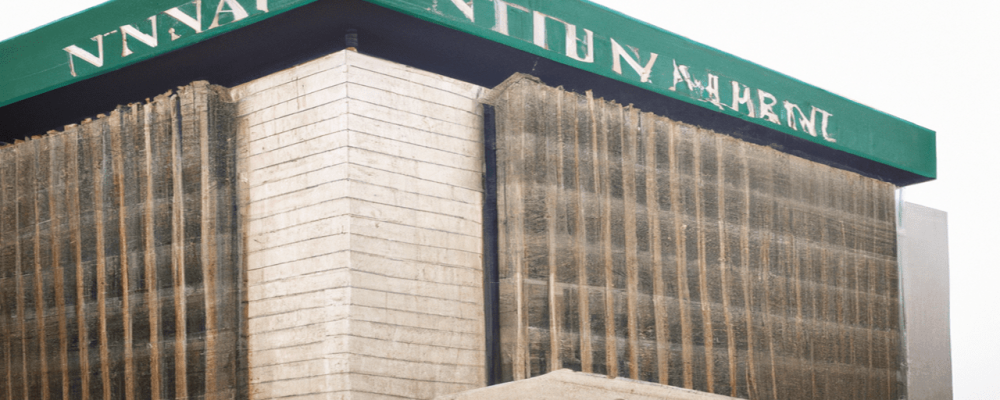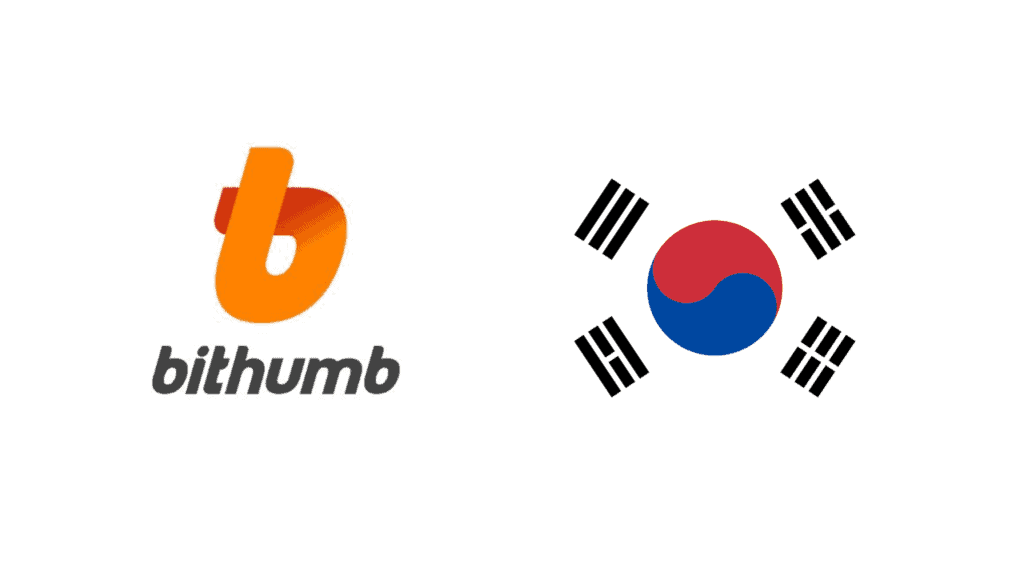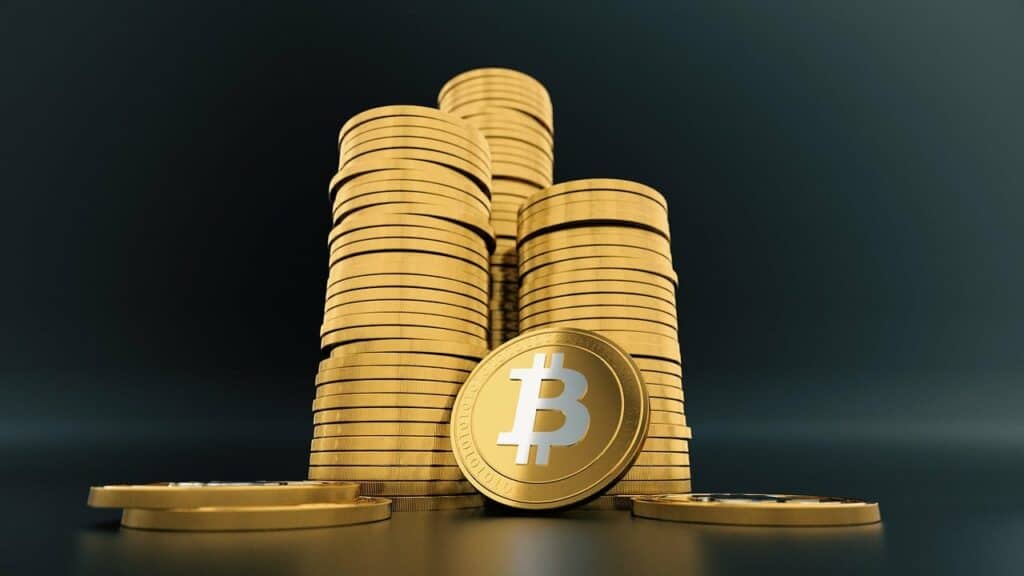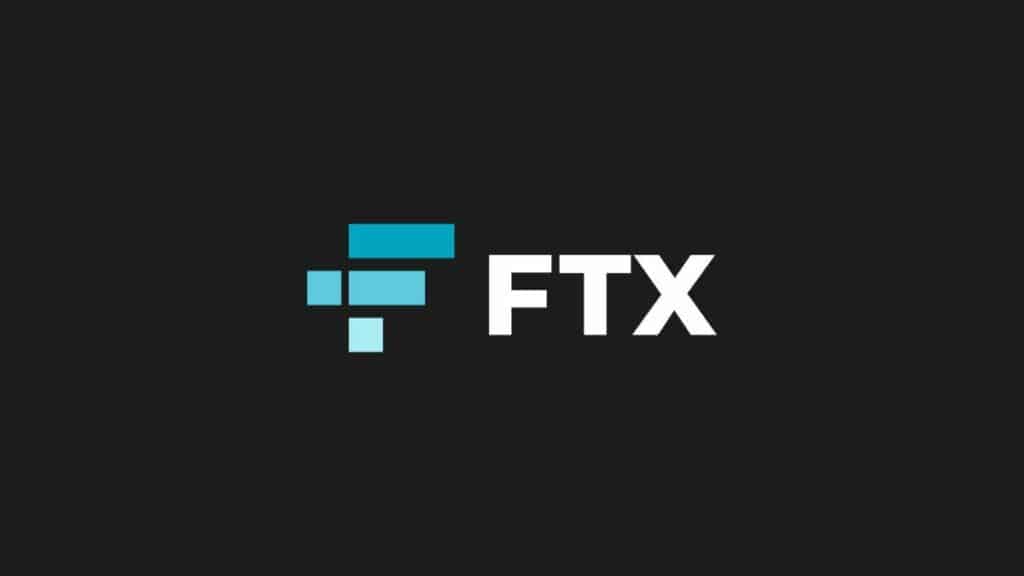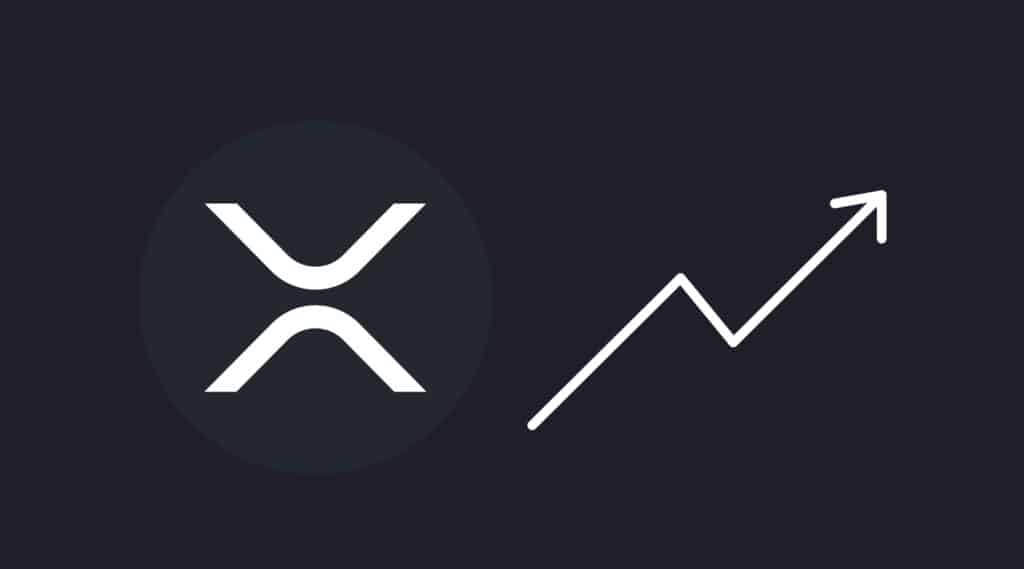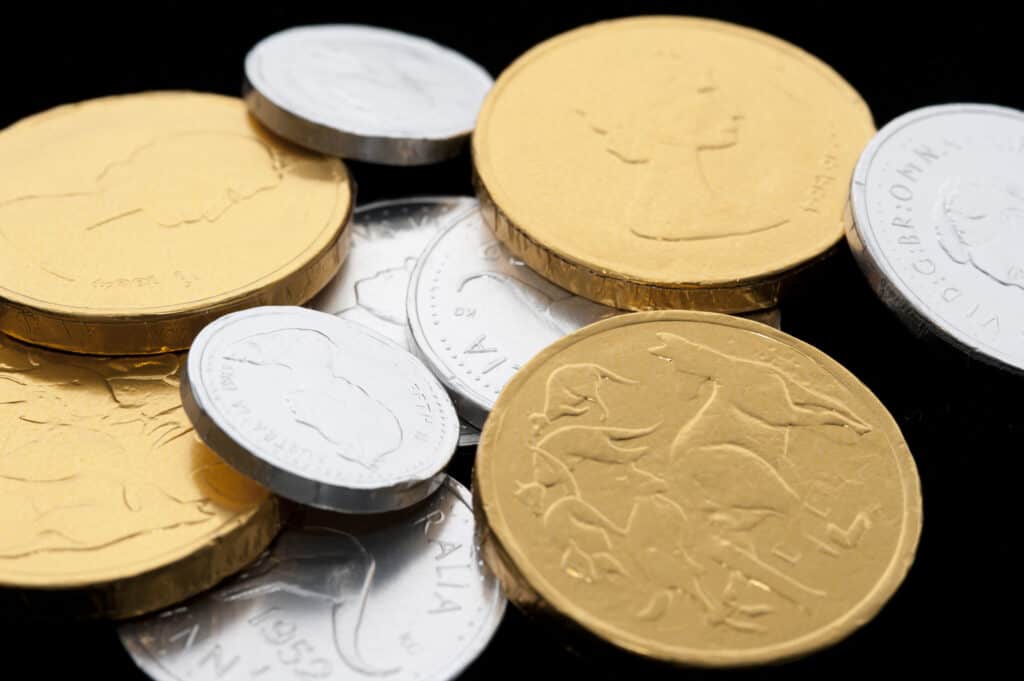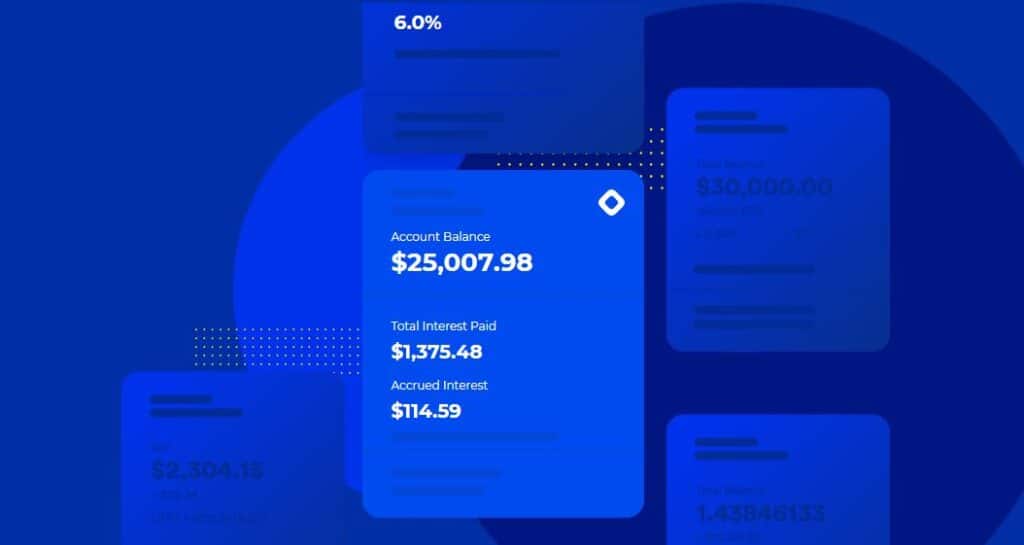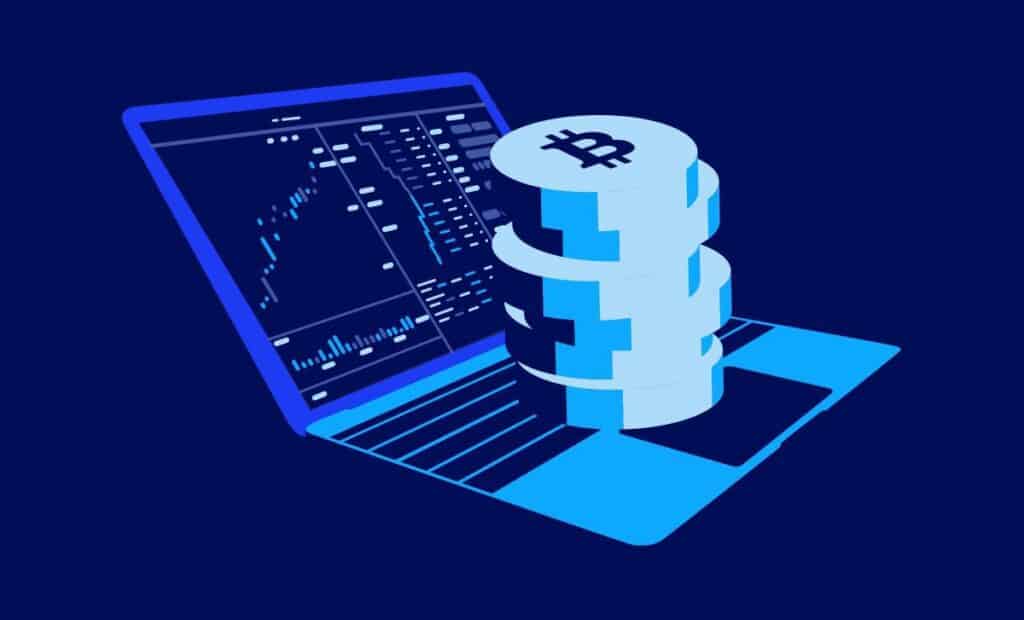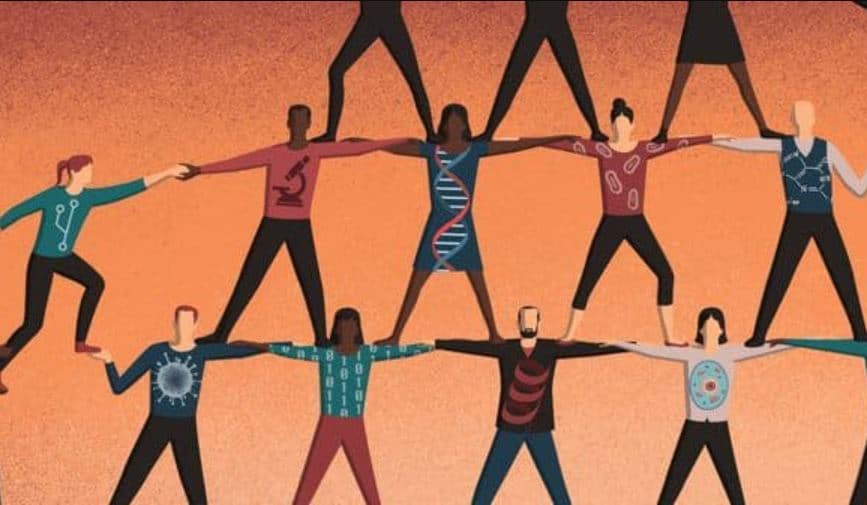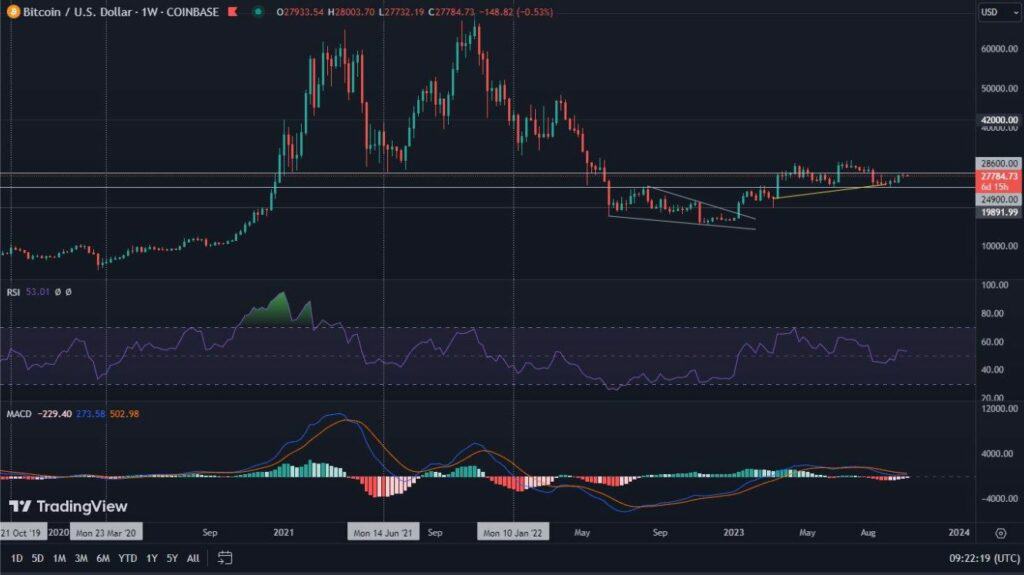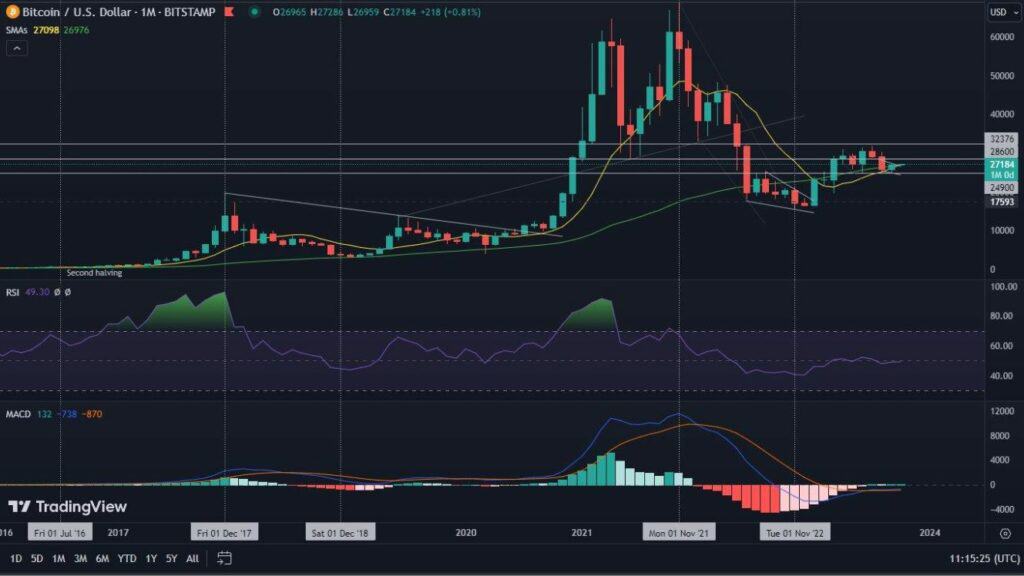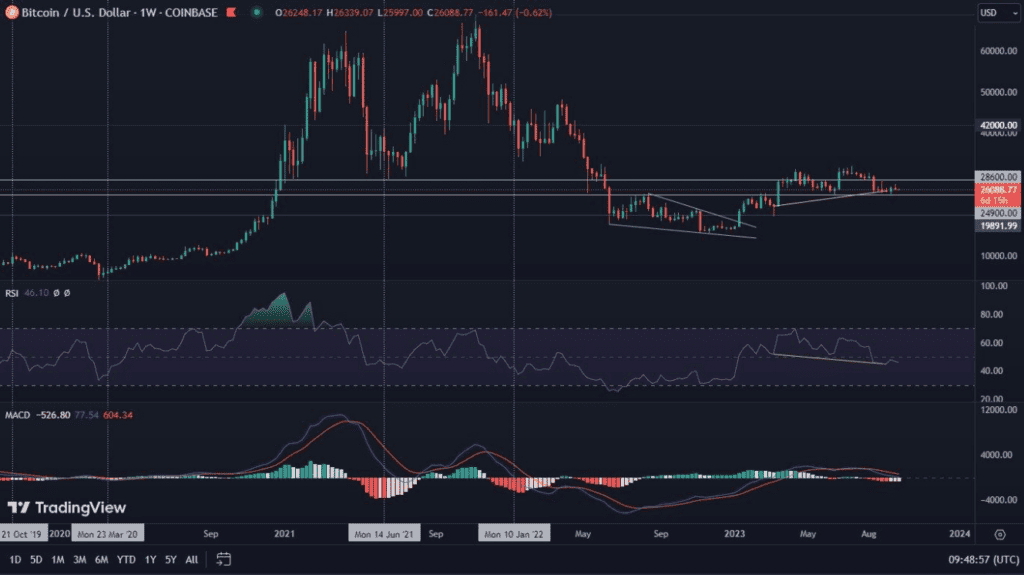The near total absence of fiat currency is paralyzing Nigeria. All thanks to an attempt to force citizens to switch to CBDC, in the form of the eNairy. Despite the fact that the public was not prepared for this technological leap, but fighting financial tyranny, they decided to choose Bitcoin.
Nigeria bows to eNairy CBDC
While the introduction of central bank digital currency (CBDC) in highly developed countries seems relatively unproblematic, it is no longer so easy in countries struggling to keep up with technological advances. Nigeria is one of the first countries that decided to implement CBDCs, and in the process forced its citizens to accept it.
Introduced in October 2021, the national digital currency, at the height of its popularity, was used by only 0.5% of the country’s population. The authorities, seeing that this was a problem, decided to force citizens to accept the novel solution. Acceptance of cash, which had previously been a mainstay, was stopped in many places. The population began to attack ATMs and local commercial banks. The country’s economy, which was worth $220 billion, plunged into chaos.
Nigerians want to flee
According to recent data, reported by CNN, as many as 69% of Nigerians want to flee the country at the earliest opportunity. No wonder, then, that demand for British work visas has recently increased by 400%. This situation is perfectly illustrated by a tweet from one of the country’s citizens living abroad. Bukola Oyebode Westerhuis writes:
It seems like Nigeria wants to eradicate half of the population this election period. No cash, bank transfers not working, people can’t access basic needs. I’m far from the country yet affected by its madness as my parents can’t get hands on money or take care of basic things.
— Bukola Oyebode Westerhuis (@BukolaOyebodeW) February 22, 2023
“It seems that Nigeria wants to exterminate half the population during this election period. There is no cash, bank transfers don’t work, people have no access to basic needs. I’m far away from the country, but I’m affected by its madness because my parents can’t get money or take care of basic things.”
One of the key problems with CBDC adoption under Naira is the need for a smartphone. It turns out that in a population of 219 million citizens, only 25 to 40 million people may have access to these devices. Interestingly, this does not prevent Bitcoin adoption.
Bitcoin wins because it is a choice, not a compulsion
Until recently, Nigeria tried to limit its citizens’ access to the cryptocurrency market. The government did not want the population to choose monetary alternatives. Nevertheless, the public decided otherwise. Today, although access to technology is low in the country, it leads the world map in terms of Google searches and, consequently, retail purchases of BTC. All thanks to the cryptocurrency’s primary attribute, which is its identification with freedom. It stands in direct contrast to the efforts the Nigerian government is making.

